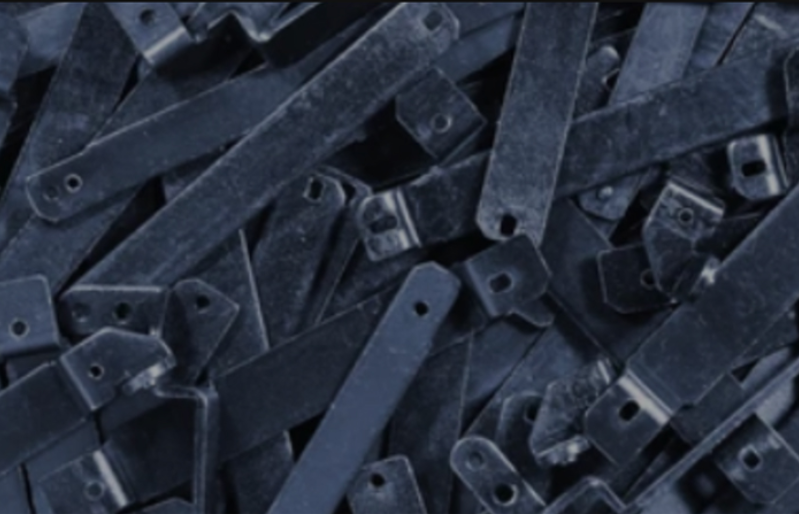Magnesium casting is a process that involves pouring molten magnesium into a mold to create various shapes and forms. This technique has gained significant popularity in recent years due to the unique properties of magnesium, making it ideal for a wide range of applications across different industries. In this article, we will explore the process of casting magnesium and its various applications.
The Process of Casting Magnesium
The casting of magnesium involves several steps to ensure the final product meets the desired specifications. The process typically begins with the preparation of the mold, which can be made from various materials, including sand, metal, or ceramic. The mold is carefully designed to accommodate the desired shape and design of the final product.
Once the mold is prepared, the next step is to melt the magnesium. Magnesium has a relatively low melting point compared to other metals, making it easier to work with. The molten magnesium is then poured into the mold and left to cool and solidify. Once the magnesium has solidified, the mold is removed, and the casting is ready for further processing or use.
The Advantages of Casting Magnesium
One of the main advantages of casting magnesium is its weight. Magnesium is one of the lightest metals, weighing approximately 36% less than aluminum and 78% less than steel. This lightweight property makes magnesium castings ideal for applications where weight reduction is crucial, such as in the automotive and aerospace industries. The use of magnesium castings can significantly contribute to fuel efficiency and overall performance.
In addition to its lightweight nature, magnesium also exhibits excellent strength-to-weight ratio. This means that despite being lightweight, magnesium castings can still offer high strength and durability, making them suitable for applications that require structural integrity, such as in the construction industry.
Furthermore, magnesium is highly resistant to corrosion, offering excellent protection against the elements. This property makes magnesium castings a popular choice for outdoor applications, such as in marine and architectural industries. The corrosion resistance of magnesium also contributes to its longevity and low maintenance requirements, making it a cost-effective option in the long run.
Applications of Magnesium Castings
The versatility of magnesium castings makes them suitable for various applications across different industries. In the automotive industry, magnesium castings are commonly used in engine components, transmission cases, and wheels. The lightweight and high strength of magnesium help improve fuel efficiency, reduce emissions, and enhance overall vehicle performance.
In the aerospace industry, magnesium castings find applications in aircraft components, such as engine parts, landing gears, and structural elements. The lightweight nature of magnesium helps reduce the overall weight of the aircraft, allowing for increased payload capacity and improved fuel efficiency.

Magnesium castings are also prevalent in the electronics industry, where they are used in the manufacturing of laptops, smartphones, and other portable electronic devices. The lightweight property of magnesium contributes to the portability of these devices, making them easier to carry and handle.
Furthermore, magnesium castings are utilized in the medical industry for various applications, including orthopedic implants, surgical instruments, and medical equipment. The biocompatibility of magnesium, along with its lightweight and corrosion-resistant properties, makes it an excellent choice for medical devices.
Conclusion
Casting magnesium is a highly versatile process that offers numerous advantages for a wide range of applications. The lightweight and high strength properties of magnesium make it ideal for industries such as automotive, aerospace, electronics, and medical. With its excellent corrosion resistance and durability, magnesium castings provide long-lasting solutions with reduced maintenance requirements. As the demand for lightweight and high-performance materials continues to grow, magnesium casting is poised to play a significant role in shaping the future of various industries.
-

- Díly a komponenty na kolo z hořčíkové slitiny pro dětská kola
-

- Tixomulační lití z hořčíkové slitiny odlévání dílů UAV
-

- Zakázkové slévárenské výrobky vysoce přesné tlakově lité díly pro integrovaný rám elektrokola
-

- OEM Die casting manufacturer produce magnesium alloy wheel for kids push bike
-

- Tixomulační lití z hořčíkové slitiny odlévání dílů UAV
-

- Přilba Thixomolding z tlakového lití z mangenové slitiny

 0086-750-5616188
0086-750-5616188 +86 13392089688
+86 13392089688 sales@zhongmei-tech.com
sales@zhongmei-tech.com







